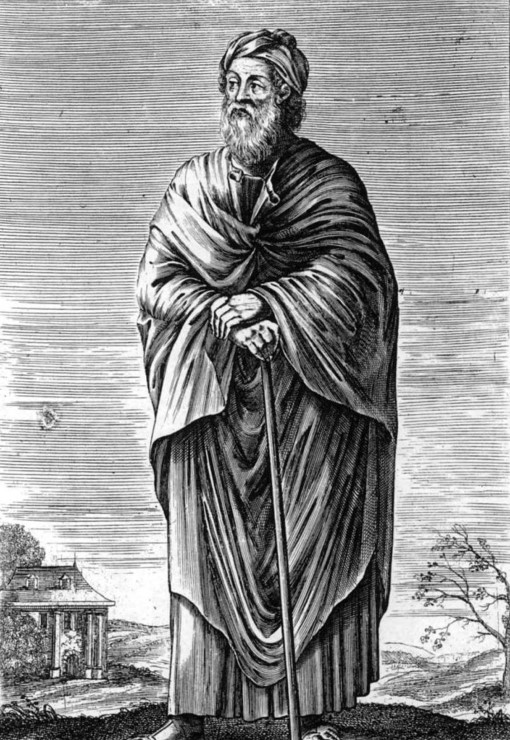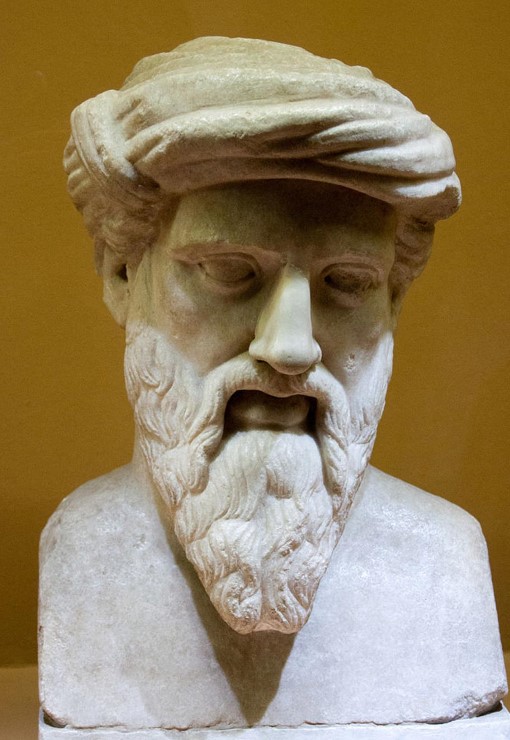

Pre-Socratic philosophy marks the beginning of philosophical thought in the Western tradition, emerging before Socrates and focusing on cosmology, metaphysics, and the nature of existence.
These early philosophers sought to explain the origins and structure of the universe through rational inquiry and observation, departing from mythological explanations. Their ideas laid the groundwork for subsequent philosophical developments and continue to influence modern thought.
Pre-Socratic philosophers were pioneers in exploring fundamental questions about reality, knowledge, and the cosmos. They proposed various theories about the nature of matter, the existence of a singular underlying principle (archê), and the role of change and permanence in the universe.
Their inquiries into the natural world and human existence marked a significant shift from mythological to rational explanations, setting the stage for the intellectual traditions that followed.
These early thinkers emphasized the importance of reason and observation in understanding the world. They introduced concepts such as the unity of opposites, the infinite, and the principle of sufficient reason. Their work spanned diverse areas including metaphysics, epistemology, ethics, and logic, influencing not only philosophy but also science and mathematics.
The legacy of Pre-Socratic philosophy is profound. Their efforts to seek rational explanations for natural phenomena established a tradition of critical thinking and inquiry that remains central to philosophical and scientific endeavors. Their contributions continue to be studied and revered for their originality and depth.
Xenophanes was a Greek philosopher who criticized the anthropomorphic conception of gods and introduced the idea of a singular, all-powerful deity. He is known for his critique of traditional religious and mythological beliefs, emphasizing a more rational approach to understanding the divine.
More
Pythagoras was a Greek philosopher and mathematician who founded the Pythagorean school. He is best known for the Pythagorean theorem and his belief in the transmigration of souls. Pythagoras emphasized the importance of mathematics and saw numerical relationships as the foundation of reality.
More
Ancient Greek art and architecture, with its harmonious proportions and timeless elegance, continue to inspire awe and admiration millennia later.
Discover
Greek mythology, a rich tapestry of gods, heroes, and mythical creatures, captivates the imagination with its tales of love, betrayal, and epic adventures that delve into the depths of the human psyche.
Discover
Ancient Greek history, marked by remarkable achievements in democracy, philosophy, and warfare, shaped the foundation of Western civilization, leaving an indelible legacy of innovation and cultural influence that continues to resonate to this day.
Discover
The ancient Greek Olympics, held in Olympia every four years, celebrated athleticism, unity, and cultural pride, serving as a testament to the enduring spirit of competition and excellence that transcends time and borders.
Discover
Ancient Greek wars, such as the Persian Wars and the Peloponnesian War, were pivotal conflicts that shaped the course of history, highlighting the struggle for power, independence, and the clash of civilizations in the ancient Mediterranean world.
Discover
Ancient Greek culture and society, characterized by its emphasis on art, philosophy, and civic engagement, fostered a vibrant intellectual and social landscape where innovation flourished, democracy thrived, and the pursuit of knowledge and excellence was celebrated as fundamental values of civilized life.
Discover
Find out more about ancientgreece.com